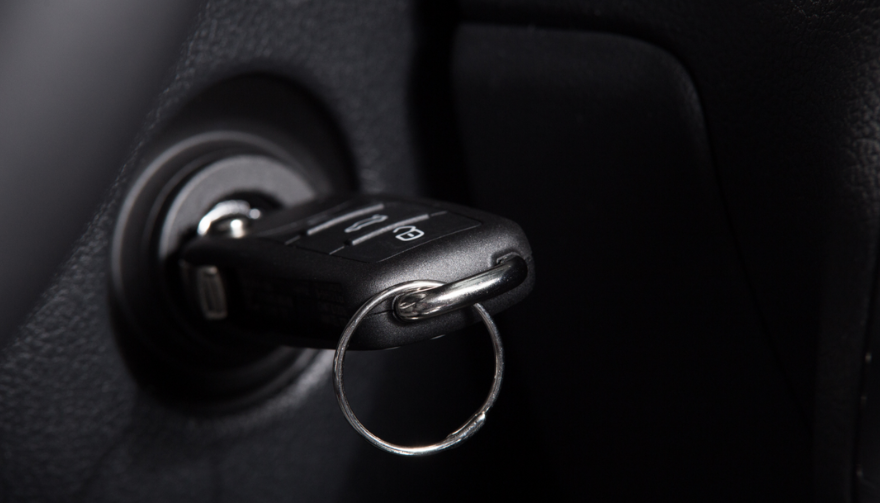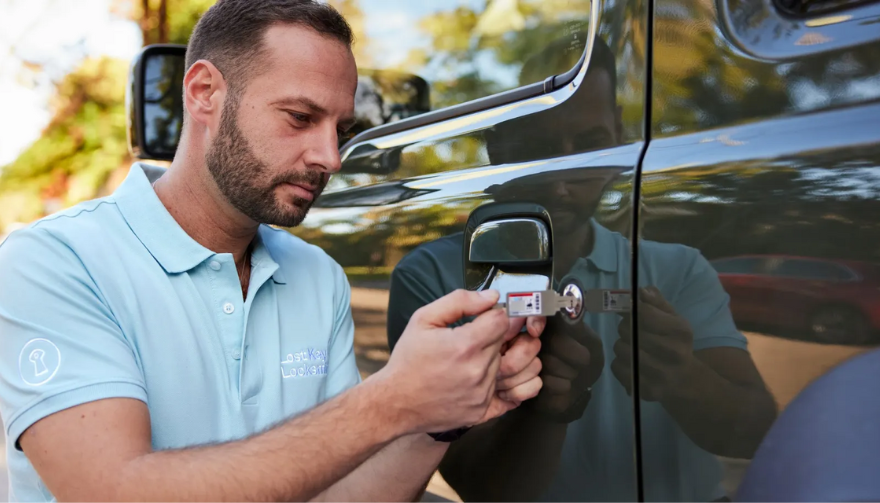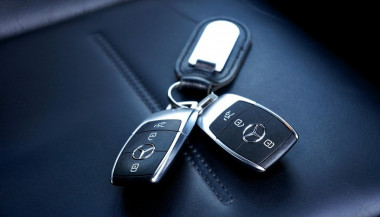1. Why this happens and why you must act fast
Losing car keys while travelling is more common than you might assume. Whether it’s slipping out of a beach bag, leaving them at a café or dropping in transit, your vehicle becomes vulnerable. In addition, modern keys increasingly contain electronic transponders, chips or fobs—meaning replacement cost and complexity shoot up.
When you’re away from home, both the stress and the stakes increase: you may face towing, expensive replacements or worse — being stranded.
The sooner you act the less time you give for theft, theft-of-opportunity or further cost escalation.
2. Immediate steps when you realise your keys are missing
a) Stay calm and retrace your steps
Start by pausing. Panic hampers clear thinking. Consider the last time you remember using your keys: in the car, on unloading luggage, at hotel reception. Retrace your route slowly. As RAC advise, this step often resolves the problem without cost.
b) Search systematically
Check all pockets, bags, seats, coat hangers, beach bags, under cushions, in and around your car. If you’re staying somewhere temporarily, check hotel rooms, fuelling stations, parking lots. As one travel-site suggests: “Go through all your pockets… look around all surfaces in your hotel room”.
c) Contact places you visited
Call restaurants, cafés, shops, airport parking or hotels where you parked the vehicle. Key finders are often handed in.
d) Assess risk of theft
If you suspect the keys were stolen (pick-pocket, hotel burglary or unattended vehicle) you should alert local police and your insurance provider—once a key is missing, your vehicle security is compromised.
e) Secure the vehicle
If the vehicle is parked in an insecure location, consider moving it (if possible) or arranging towing. Leaving it locked but unattended increases theft risk.

3. How to use replacement key delivery services
Replacement key delivery refers to services that cut and program a new car key and deliver it (or have it fitted) to your location—whether your holiday base, airport car park or home driveway.
Steps to follow:
Have vehicle details ready: make, model, year, registration number, VIN if available.
Choose service: For UK and travel users, many auto-locksmiths offer mobile services that come to you.
Confirm delivery logistics: Where is the vehicle parked? Will you be present when the key is delivered or fitted? If abroad, is the company able to support your location?
Understand key type: Basic mechanical, transponder chip key, keyless fob—all vary in price and logistics.
Check old key de-activation: A top provider will delete the lost key’s code so it cannot be used in future—critical for security.
Why this is often your best path while travelling
Going via your vehicle manufacturer dealer is often slower and pricier — as UK guide notes: “The quickest and least expensive way … is via an auto locksmith.”
In a foreign locale, a mobile specialist or key-delivery service saves towing the vehicle and waiting for factory part shipment.

4. Hiring an emergency locksmith: what to look for
When you’re locked out or stranded, an emergency locksmith (24-hour) can be your lifeline. But not all are equal.
Checklist:
Confirm they specialise in auto locksmith / car key replacement, not just domestic locks.
Ask for credentials (affiliation with industry body).
Insist on proof they will delete/pair the key to your vehicle (so lost key becomes useless).
Understand travel/overseas call-out charges.
Before arrival, ask for an estimate and payment process (card, cash etc.). Some holiday locales only accept cash.
Stay with your vehicle in a safe public place. If you are on a remote vacation site, move to well-lit area before the locksmith arrives.
Typical process:
The locksmith arrives, verifies ownership (ID + logbook/V5C).
They cut and/or program a key, or fix the lock/immobiliser if required.
You pay for service and receive the new key — vehicle is back on the road.
5. Insurance, roadside cover and overseas travel issues
Insurance/key cover
Do you have lost key cover? Most UK car insurance policies don’t include lost keys as standard. You might need a premium add-on.
If you claim, your no-claims bonus may be affected.
Breakdown/roadside assistance
Your breakdown provider (e.g., Motorway or RAC) may offer key services, but often their vans don’t carry full key-programming equipment. So an auto locksmith still may be needed.
Travelling abroad
Check if your insurance/cover extends to the country you’re in.
Confirm language support and local currency charges with any service you call.
If you rented the car: contact the rental company immediately — they may have specific protocols for lost keys (often expensive).
6. Special cases: rental vehicles, keyless entry & fobs
Rental vehicles
When you lose the keys to a hire car abroad, you are likely to be liable for high fees. Rental companies will likely charge for towing and replacement, not just the locksmith. According to travel forums:
“We do not offer coverage for lost keys… The replacement fee of $125 for lost key.”
Call the rental agency, follow their instructions, and keep all receipts.
Keyless / smart keys & modern cars
Most vehicles since 2000 use transponder chips or keyless systems. Replacement these can cost several hundred pounds—UK guides show typical range from £100–£300 or more depending on brand.
When you lose a keyless fob, you may need the original still in possession or need the vehicle brought to the dealer. Factor this potential delay into your travel plans.
Single key left
If you only have one remaining key, treat it as your last key. Get a spare made ASAP once you’re home so you’re not in the same situation again.
7. Preventative measures for your next trip
Always carry a spare key at home or with a trusted person.
Use a tracker (such as an AirTag or Bluetooth key-tracker) on your keyring. UK blogs suggest this simple tech helps locate lost keys.
Establish a routine spot where you place your keys at the start of every journey.
If you have old keys (house + car), don’t mix them during travel.
Note down your vehicle details (make, model, registration, VIN) in your phone before travelling—so you’re ready if you need a replacement.
For holiday car hire, take a photo of the key and keep the rental company’s emergency phone number saved.
FAQ
Q: What happens if I lose my only car key and I’m abroad?
A: You’ll need to contact an auto locksmith or dealer who can cut and program a new key. Have vehicle details ready. Expect cost and waiting time to increase since you have no spare.
Q: Can I just use a dealer to replace the key?
A: Yes, but often it’s slower and more expensive. UK guides claim mobile auto locksmiths are typically faster and cheaper.
Q: How long does replacement take?
A: For many modern cars, the physical key can be cut quickly, but programming and blank arrival may take days. Dealers might take up to weeks.
Q: Will my car insurance cover a lost key?
A: Only if you have key-cover added or your insurance includes it—not standard. Check your policy. Claiming may affect your no-claims status.
Q: What should I do if I lose the key and my car is locked in a remote place?
A: First make sure you are safe. Then use your breakdown/roadside cover to move the vehicle to a safe area if needed. Then call an emergency auto locksmith to attend and provide a replacement.
Need a reliable solution now? Visit our shop at mr-key.com to discover how we can cut and deliver replacement car keys swiftly—even when you’re travelling.


 (1)_1740397873.jpg)

 (1)_1736344659.jpg)
_1750675930.jpg)